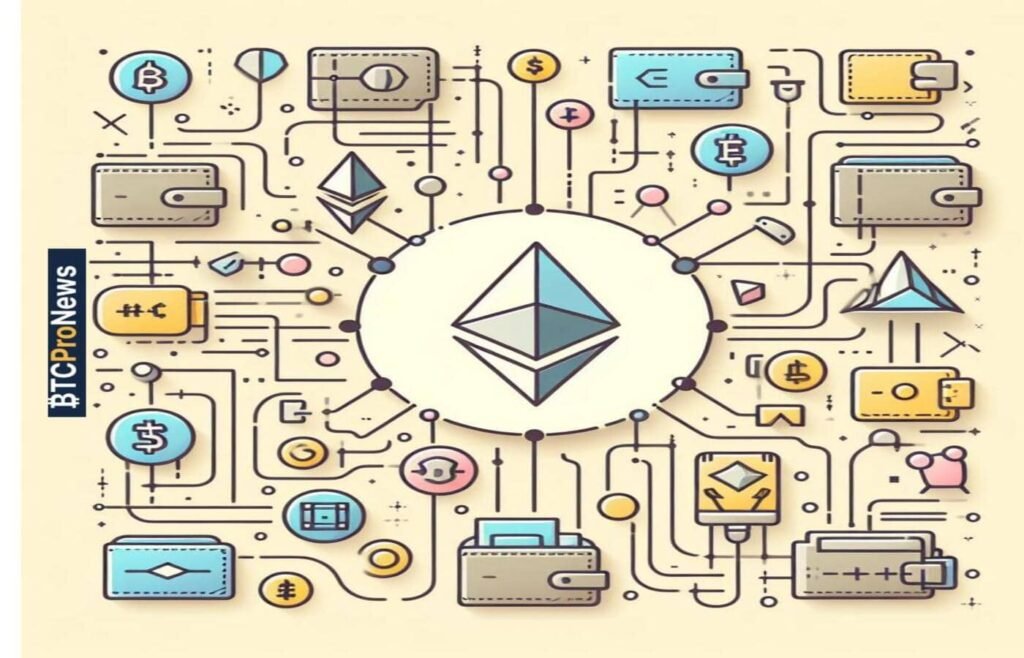Vitalik Buterin presents EIP-7702 to make Ethereum’s smart contract wallets simpler and more organized.
Vitalik Buterin of Ethereum created a new proposal called EIP-7702. This proposal aims to resolve disputes about Ethereum account functionality in upcoming updates. This plan is the second in line, following EIP-3074. The next major Ethereum release, Prague-Electra, or “Pectra,” is aimed at EIP-3074. It produced a lot of disagreements before developers chose to give it some thought.
The main concern was its desire to change the functionality of Ethereum accounts. Their goal was to simplify Ethereum usage for users. Many thought it was an excellent idea, while some found it too strict.
Ansgar Dietrichs of the Ethereum Foundation felt that EIP-3074 was too restrictive. But Vitalik Buterin created EIP-7702 in a mere 22 minutes. It got better with help from Ansgar Dietrichs, Sam Wilson, and Matt Garnett. They collaborated to make the plan better.
Vitalik Buterin Endorses EIP-7702 for Ethereum Smart Contracts
The new EIP gives regular accounts a temporary means of functioning as smart contract wallets. They can execute smart contract operations in a single step and return to working as usual. This facilitates the process of creating new objects without adding complex elements. The scheme does not need new special codes, unlike the previous one.
EIP-7702 is compatible with future account handling methods, such as EIP-4337, starting in March 2023. To prevent duplication and issues, it seeks to leverage wallet codes and transaction methods that are now in place. Many developers, including Uniswap’s Hayden Adams, who liked EIP-3074, now have EIP-7702. They support this new proposal.
Ethereum’s governance, or decision-making process, incorporates the views of all stakeholders. Proposals like these get reviewed and discussed by the public and developers. They do this before making big changes. This ensures that the ultimate choices are well-considered and accepted.
Various teams will incorporate the authorized modifications into updated Ethereum software versions. All validators need to approve and install the updates for these changes to take effect. Their aim is to complete this important and big update by the end of 2024.
This methodical approach ensures that everything is transparent to all parties and supports Ethereum’s growth with community involvement.

